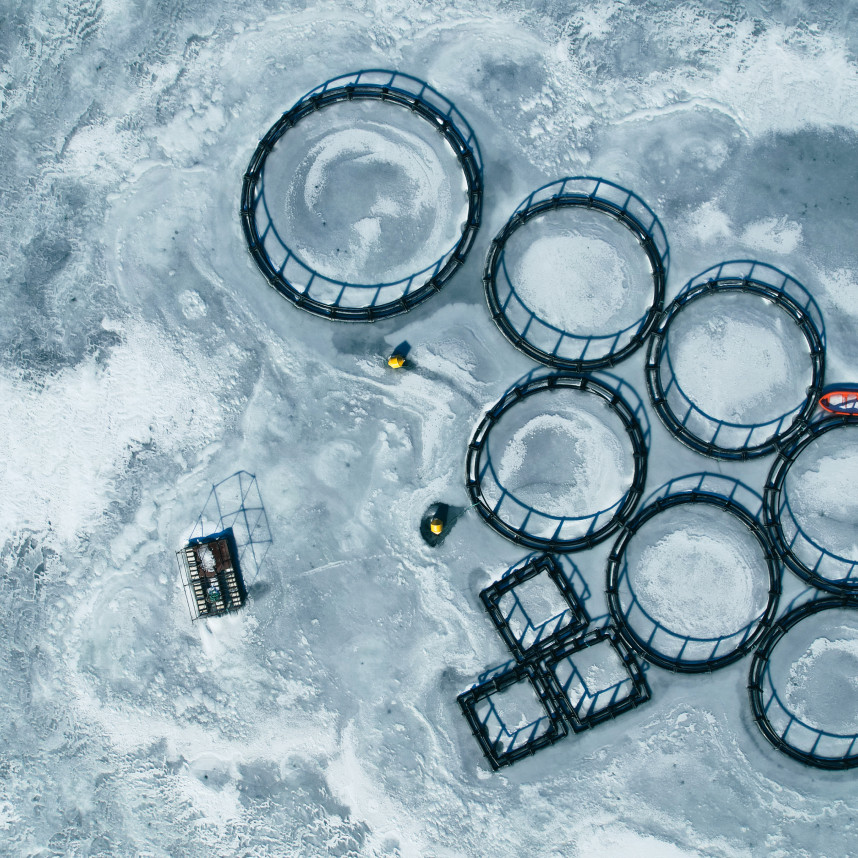Cognizant and Tidal have joined forces to revolutionize aquaculture by introducing advanced technology that monitors sea lice levels and general fish health. The cooperation aims to improve sustainable food production and enhance the management of fish pens for global, large-scale fish farmers.
Over the past four years, Tidal, a project within Alphabet's division X, has extensively tested their underwater camera system and machine perception tools with the world's largest fish farming company, successfully optimizing the technology across five hundred different pens, and generating eight billion observations from nine hundred terabytes of video.
The pilot project identified four key areas where the solutions can bring significant improvements, and this article focuses on two of them: estimation of the sea lice population and monitoring of general fish health.
To learn about the other two areas, please check out the article on accurate biomass estimation and optimized feeding, available at the bottom of this page.
Sea lice population monitoring is crucial for the fish farming industry, as salmon lice, the most common parasite in farmed salmon, poses a major challenge. The Norwegian Veterinary Institute's recent report reveals that one out of six farmed fish in Norwegian waters die before reaching the market, giving a 16.1% mortality rate in 2022.
This trend is alarming, as the costs associated with diseases have surpassed feeding expenses. Tidal's innovative camera-based technology provides a comprehensive overview of the lice population both on individual fish and within the pen.
The system can even distinguish between male and female lice, enabling farmers to take targeted actions based on real-time data.
By continuously monitoring the size of the lice population, actionable insights are provided, helping farmers prevent exceeding the maximum lice allowance and implementing effective measures.
Other use cases
In addition to sea lice, the camera system can detect other visual diseases such as lesions and abnormalities. Fish welfare is a top priority for farmers, as it directly affects the quality of the final product. The technology enables early detection of disease outbreaks, allowing farmers to take immediate measures to limit their spread and minimize damage and suffering. The scalability of the technology enables monitoring of multiple pens across different locations, providing insights into probable future outbreaks. Leveraging artificial intelligence, the system analyzes data on fish populations, fishing patterns, and environmental conditions, optimizing fishing strategies and ensuring precise nutritional needs.
Following the successful pilot projects in Norway, Tidal will be working with Cognizant to deploy and integrate the technology throughout the aquaculture value chain. Stig Martin Fiskå, Head of Cognizant Ocean, highlights the importance of building strong relationships with fish farmers as the core of this partnership.
Together, Tidal and Cognizant aim to provide businesses with valuable information, enabling intelligent decision-making, enhanced operational resilience, and compliance with regulatory requirements.
Fiskå sees this collaboration as “a perfect marriage, combining Tidal's cutting-edge technology and innovation with Cognizant's global expertise in operationalizing technology to drive business value."



















